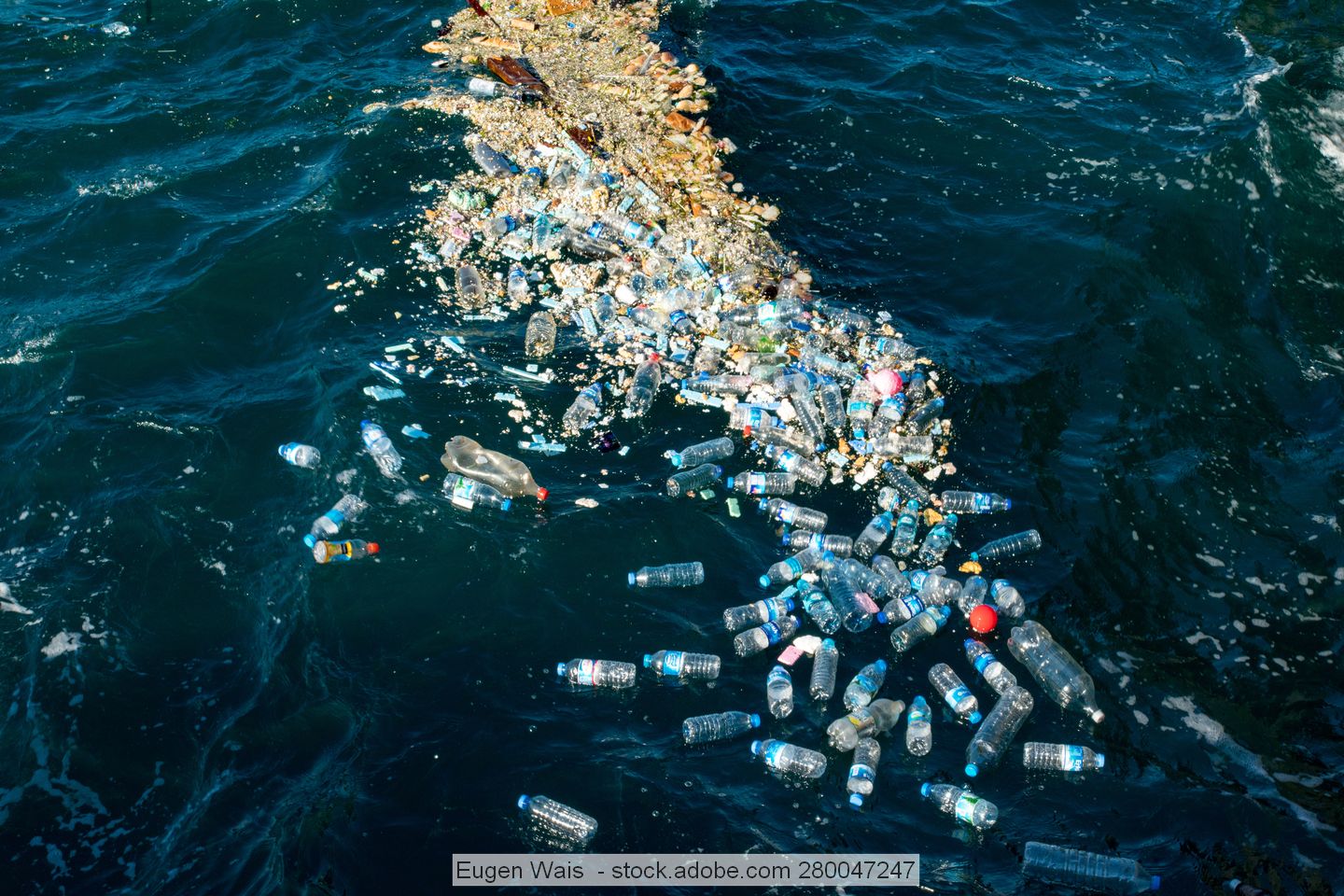European scientists stress the urgency of an international plastics agreement aimed at reducing plastic production and promoting a circular economy. the Report of the European Academies Scientific Advisory Council (EASAC) Highlights the need for a coordinated global approach to effectively address the plastic crisis.
The paper highlights the rapid increase in plastic production, consumption and pollution in oceans, freshwater and on land as a result of system failure. EASAC is an association of national academies of sciences from the European Union member states as well as Norway and Switzerland
Experts warn that the global volume of plastic waste could triple to more than one billion tons by 2060 unless decisive action is taken. According to Michael Norton, a professor at EASAC, negotiators need to address conflicts across the system, which is not an easy task given commercial interests. But in order to reduce environmental damage and risks to human health, ending the growth of the plastic economy is inevitable.
Scientists assert that the 21st century could go down in history as the “Age of Plastics” as the production of plastic waste is increasing rapidly. The externalization of costs and lack of accountability on the part of producers and consumers contribute to exacerbating this problem.
To reduce plastic pollution by 80 percent by 2040, the report recommends a systematic approach to reducing production and consumption, as well as ensuring that all plastics are reusable, recyclable or compostable.
The EASAC report makes ten science-based recommendations for an international plastics agreement, including reducing primary production of plastics, internalizing all external costs and expanding producer responsibility to cover all costs related to waste management. Another recommendation is to hold product designers and retailers responsible for reducing individual use of products on the go. Incentives are also needed for companies to work together on deposit systems. Last but not least, exports from OECD countries to non-OECD countries should only be approved if they meet environmentally friendly treatment standards for these wastes.

“Alcohol buff. Troublemaker. Introvert. Student. Social media lover. Web ninja. Bacon fan. Reader.”







More Stories
Skin rash after eating asparagus? What could be behind it?
Entomologists discover a long-extinct wasp | Sciences
Skin rash after eating asparagus? What could be behind it?